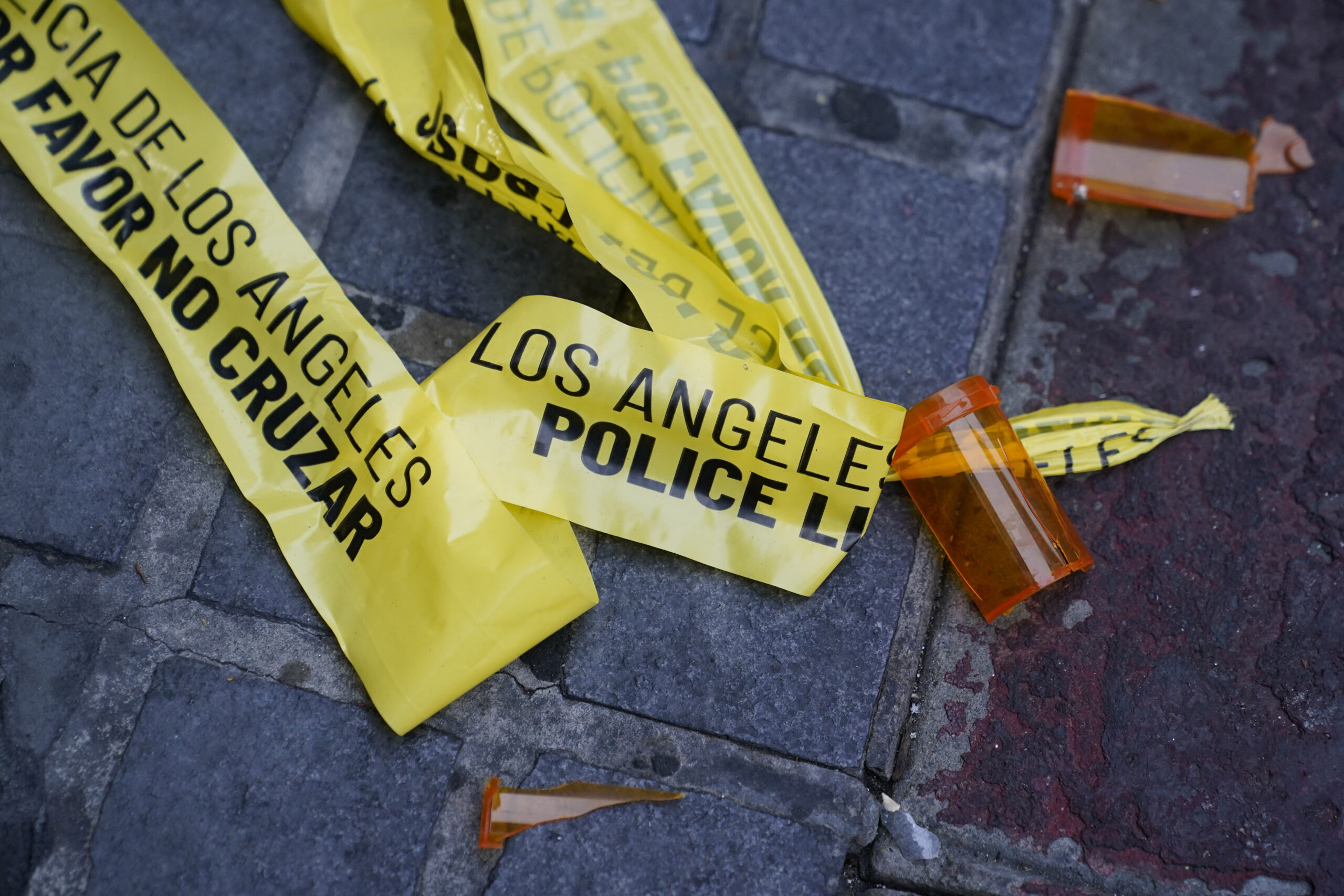National Review senior writer Noah Rothman joined Dan Proft and Amy Jacobson to dissect the escalating unrest in Los Angeles and the political fallout from California leadership. The interview aired amidst growing chaos in LA streets, where local law enforcement is struggling to maintain order, and federal forces have been deployed to reinforce security.
At the center of the discussion was the disconnect between California’s political leaders and the realities on the ground. Rothman criticized what he called a “retreat to 2020-era talking points” by Governor Gavin Newsom, Los Angeles Mayor Karen Bass, and other prominent Democrats. He argued that their rhetoric suggests they see violent demonstrators not as criminals but as victims of federal provocation—an attitude he believes is electorally damaging and dangerously naïve.
Dan Proft and Amy Jacobson opened the segment by questioning the narrative pushed by California leaders that federal intervention—particularly by President Trump, ICE, and the National Guard—had inflamed tensions. They played audio from LA Police Chief Jim McDonnell, who contradicted the claims, stating his force was overwhelmed by organized agitators and escalating violence, including the use of makeshift weapons such as hammers and broken cinder blocks. McDonnell described a situation spiraling beyond the control of local officers.
Rothman echoed this, saying that Democratic officials seem unwilling to confront the violent elements within their own base. “They talk as if these are their people,” he said, noting the frequent use of language that portrays violent demonstrators as misunderstood or manipulated rather than accountable. He described the reaction from leaders like Schiff, Bass, and Newsom as an appeal to the mob not to “make our lives harder,” suggesting an implicit political kinship with those causing the destruction.
What Rothman found most disturbing, however, was the level of coordination behind the protests. He referenced federal sources claiming union and activist groups had been mobilizing crowds to interfere with ICE operations and enforcement raids. These were not spontaneous protests, Rothman claimed, but “sophisticated operations” with support from ideologically motivated organizers.
The political implications were a major focus of the conversation. Rothman believes Democrats are miscalculating by clinging to past narratives that downplay or rationalize unrest. He noted how Democrats have historically attempted to channel political energy from groups like Occupy Wall Street or anti-Israel protesters but often end up burned by alliances with anarchists and zealots who reject civil institutions outright.
When asked whether the U.S. is heading toward a repeat of the so-called “Summer of Love” of 2020, Rothman was skeptical—but cautious. He cited 2020’s pandemic lockdowns as a unique accelerant but acknowledged that many in elite liberal circles appear to be talking themselves into another confrontation. Articles like Michelle Goldberg’s recent New York Times column, he said, cast federal responses as authoritarian while ignoring the violence erupting in the streets.
Ultimately, Rothman argued, the political climate has shifted. In 2020, public opinion leaned heavily against police presence and toward protest sympathies. But now, polling shows stronger public support for law enforcement and a growing intolerance for urban disorder. This shift, Rothman noted, gives Trump and Republicans significant latitude to take a hardline stance on crime and immigration.
“If Democrats haven’t learned from the last five years,” Rothman warned, “they’re about to repeat the lesson the hard way.”
As the interview concluded, Proft and Jacobson agreed that public sentiment has turned. Americans, they suggested, may have lost patience with narratives that excuse political violence—especially when it threatens neighborhoods, livelihoods, and national cohesion.





